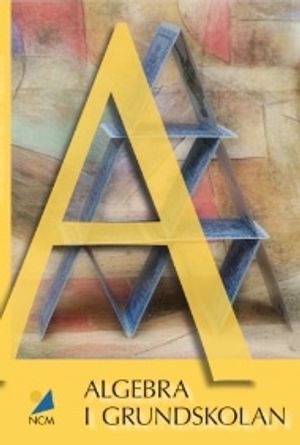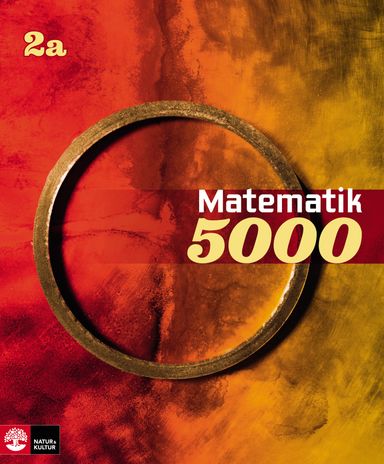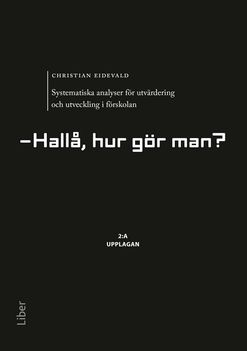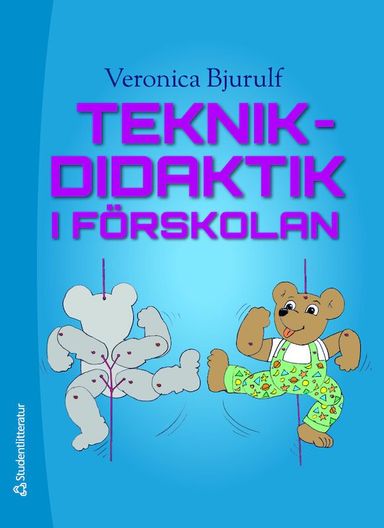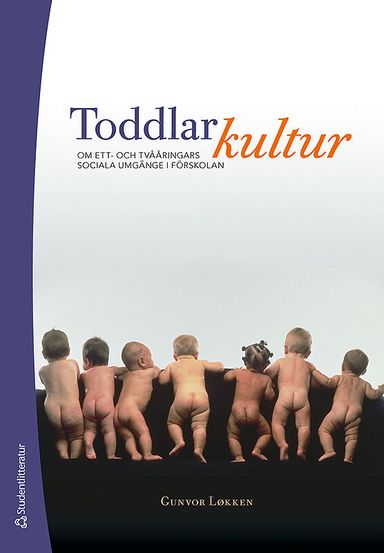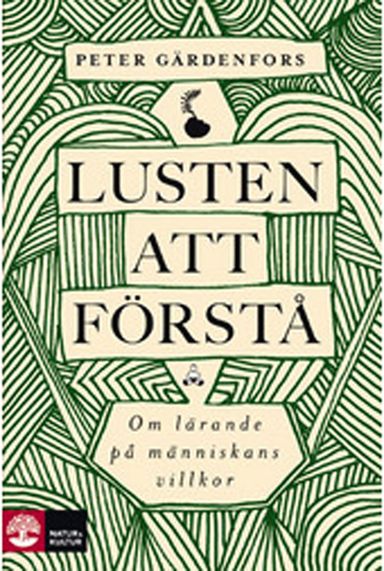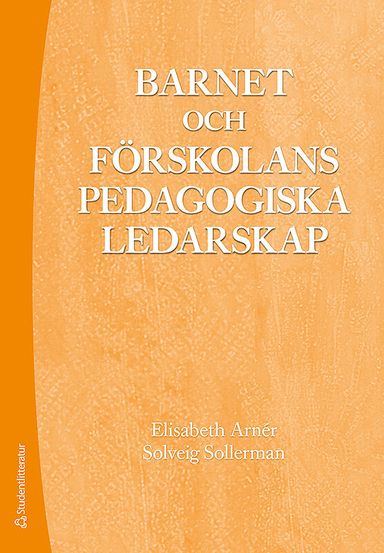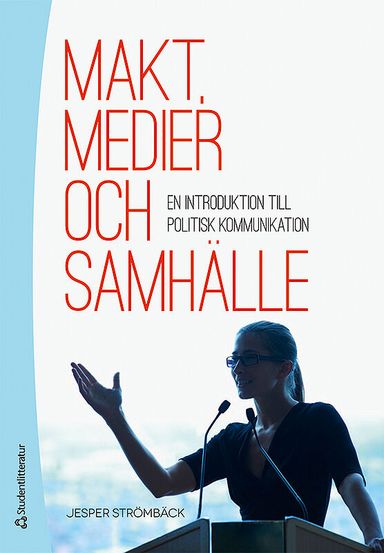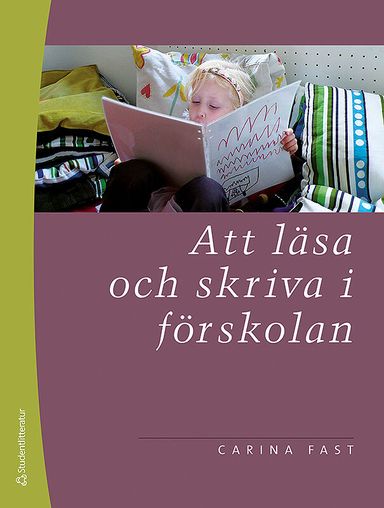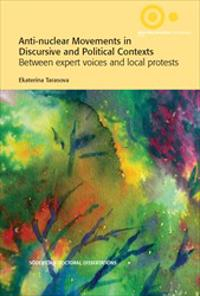

Anti-nuclear Movements in Discursive and Political Contexts : Between Expert Voices and Local Protests Upplaga 1
- Upplaga: 1a upplagan
- Utgiven: 2017
- ISBN: 9789187843815
- Sidor: 305 st
- Förlag: Södertörns högskola
- Format: Häftad
- Språk: Engelska
Om boken
Energy policies which maintain and extend nuclear energy are often opposed by anti-nuclear movements. Ambitious plans for developing nuclear energy in Russia, constructing a first nuclear plant in Poland, and lifting the ban on nuclear energy while allowing the replacement of old reactors in Sweden are examples of such energy policies. In contrast to the massive anti-nuclear movements of 1970-1990s, recent anti-nuclear movements are not organized as national protest campaigns. This thesis examines repertoires of anti-nuclear movements in the alleged “Nuclear Renaissance” period. Political contexts of anti-nuclear movements provide opportunities for environmental NGOs, one kind of actor in anti-nuclear movements, to pursue nonconfrontational strategies and engage in institutional channels, where they can contribute their expert knowledge. Concurrently, another actor in anti-nuclear movements, local anti-nuclear groups, on the one hand, share argumentative structures with environmental NGOs, and, on the other hand, attempt to mobilize local population and organize local protests. Due to limited opportunities for attention from the national media and focus on local issues, local protests are not featured in the national media, which is crucial for national protest actions. The differences in repertoires between these two kinds of actors and absence of actors opting for mass engagement provide insight into repertoires of anti-nuclear movements as a whole. This thesis demonstrates how discursive opportunities of social movements, which result from competing discourses of movements and their counter-agents, and political opportunities structure repertoires of actions of these movements. Ekaterina Tarasova is a researcher at the Department of Political Science, Södertörn University in Stockholm, Sweden. This is her doctoral thesis.
Åtkomstkoder och digitalt tilläggsmaterial garanteras inte med begagnade böcker
Mer om Anti-nuclear Movements in Discursive and Political Contexts : Between Expert Voices and Local Protests (2017)
I februari 2017 släpptes boken Anti-nuclear Movements in Discursive and Political Contexts : Between Expert Voices and Local Protests skriven av Ekaterina Tarasova. Det är den 1a upplagan av kursboken. Den är skriven på engelska och består av 305 sidor djupgående information om miljövård. Förlaget bakom boken är Södertörns högskola.
Köp boken Anti-nuclear Movements in Discursive and Political Contexts : Between Expert Voices and Local Protests på Studentapan och spara pengar.
Tillhör kategorierna
Referera till Anti-nuclear Movements in Discursive and Political Contexts : Between Expert Voices and Local Protests (Upplaga 1)
Harvard
Tarasova, E. (2017). Anti-nuclear Movements in Discursive and Political Contexts : Between Expert Voices and Local Protests. 1:a uppl. Södertörns högskola.
Oxford
Tarasova, Ekaterina, Anti-nuclear Movements in Discursive and Political Contexts : Between Expert Voices and Local Protests, 1 uppl. (Södertörns högskola, 2017).
APA
Tarasova, E. (2017). Anti-nuclear Movements in Discursive and Political Contexts : Between Expert Voices and Local Protests (1:a uppl.). Södertörns högskola.
Vancouver
Tarasova E. Anti-nuclear Movements in Discursive and Political Contexts : Between Expert Voices and Local Protests. 1:a uppl. Södertörns högskola; 2017.




